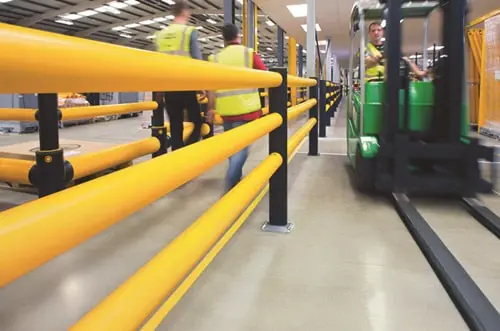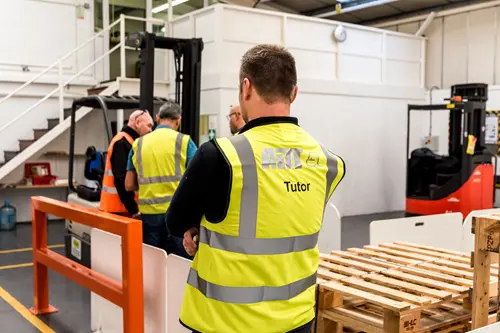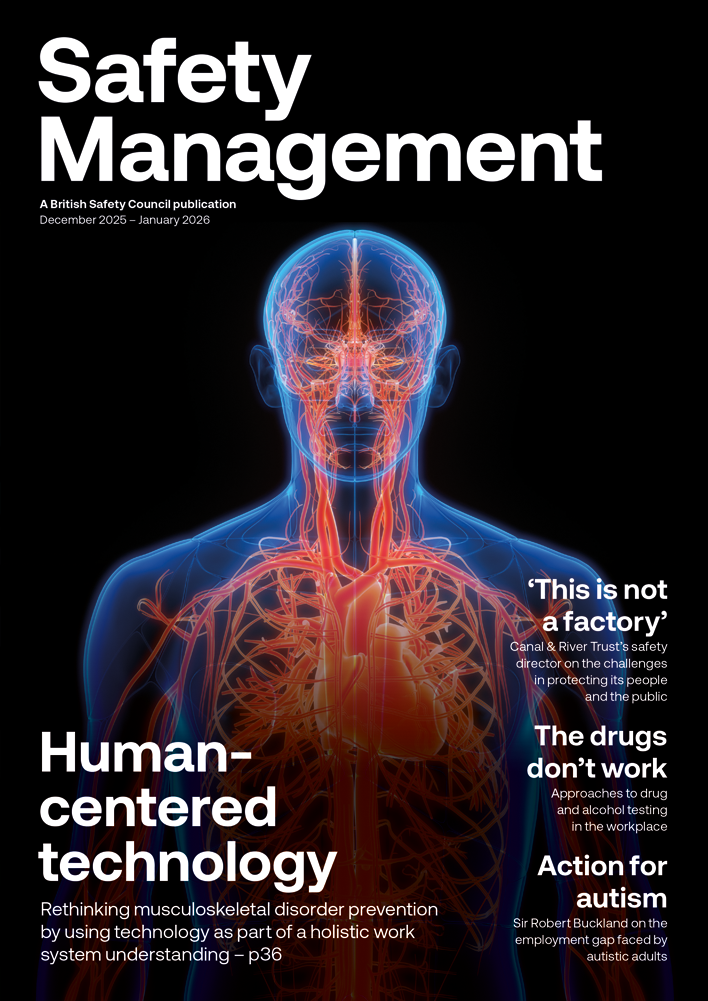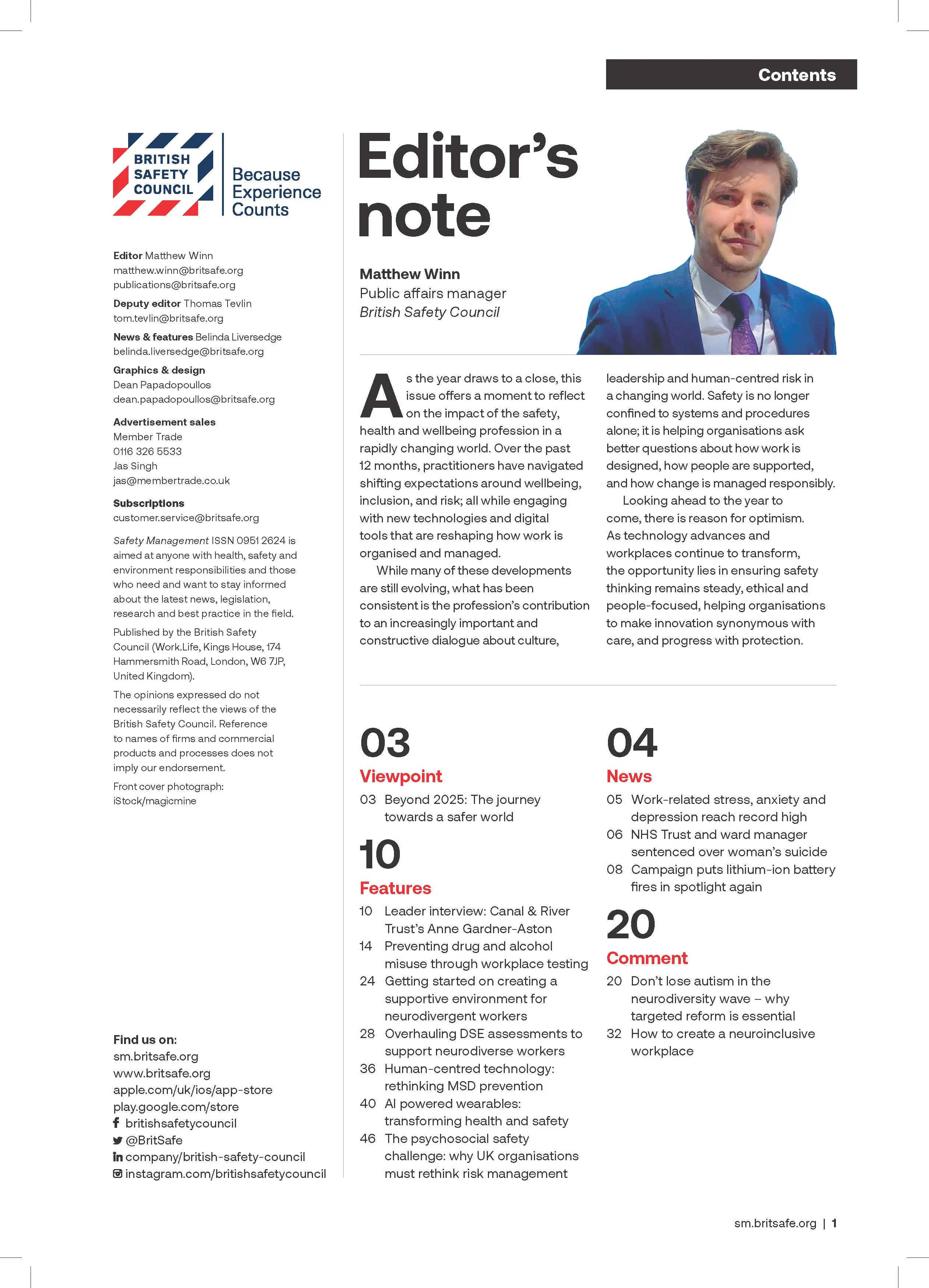It’s difficult to say right now how Brexit will affect any sector; we do not know the shape of Brexit, we do not know if it will be deal, or no deal. If there is a deal, we don’t as yet know the final outcome of any negotiation to come.
Features
These are times for more protections, not less
In such circumstances it’s hard to make predictions but at a roundtable discussion during a recent meeting of our policy and technical committee, some of our members at BOHS came up with a few.
Relationships with EU bodies such as EU-OSHA will change, as we will no longer be part of the European Union. Access to funding from those sources is also almost certain to come to an end. However, we do work closely with institutions and organisations across Europe and it is our intention to continue to collaborate across Europe and the rest of the world to promote workplace safety and health.
For the foreseeable future it seems most likely that EU law will be copied over; it is then that any process of change will start. As a profession, it is our duty to ensure that we retain the highest possible standards and we need to push any government to that end. In the long term that job may become more difficult should a government wish to pursue a ‘regulation light’ agenda, however our attitude would not change.

BOHS will continue to collaborate across Europe and the rest of the world to promote workplace safety and health.
President-Elect John Dobbie said, “We are leaving the EU, not Europe; Europe is our neighbour and we will continue to work with European organisations in a spirit of collaboration. As BOHS members our vision is a healthy workplace for all and that will stay the same. We apply science and engineering principles to protect workers’ health.
“We need to make sure that we maintain standards in training and qualifications to keep a robust profession. In particular, our qualifications are used and recognised throughout Europe and we would want to ensure this remains the case.”
There are some short to medium- term problems that are foreseeable. REACH could present some additional work, although HSE has issued detailed guidance for businesses who may be affected.
Occupational exposure limits are also likely to be adopted initially, and in the longer term it’s likely that we will need to have regulatory harmonisation on this, and in many other areas. If we’re going to continue to trade with Europe it is very likely we will need to demonstrate that our regulations match up to the standards required, and companies and organisations that are multinational will want continuity. However, this may present an issue in that there may need to be more checks to ensure that we are compliant. This may lead to extra layers of bureaucracy and more, rather than less, red tape.
BOHS chief executive, Simon Festing said: “My pledge to BOHS members is that we shall remain at the forefront of efforts to drive forward the prevention of ill health in the workplace in the UK, Europe and globally. We have always played a significant role in these international efforts, and that shall continue in the future.”
Despite the potential pitfalls, it should be noted that in a world of increasingly global trade and industry, the drive is towards more harmonisation of standards and co-operation, not less. The increasing adoption of global harmonised systems and increased stress on workforce safety across the globe is evidence of this. Leaving the EU does not make Britain any less a part of an interconnected world where the direction of travel is towards more protections, not less.
FEATURES

Underpinning safety training with neuroscience for long lasting impact
By SSE Active Training Team (ATT) on 30 November 2025
A behavioural safety training programme developed by Active Training Team for energy provider SSE has been carefully designed with neuroscientific principles in mind – resulting in a prestigious industry award for Best Training Initiative in 2024.

Why a painted line will never be enough
By UK Material Handling Association (UKMHA) on 20 November 2025
Businesses that operate material handling equipment like forklifts are being urged to submit accident and near miss details to a new confidential reporting portal so the industry can identify what needs to be done to improve safety standards.

Why workplace transport training is changing in 2026 and what it means for employers
By AITT on 14 January 2026
New workplace transport training categories due in January mean it is essential to ensure operators of material handling equipment have the necessary training for the exact type of machine they use, and accredited training providers are an ideal source of advice and conversion training.



